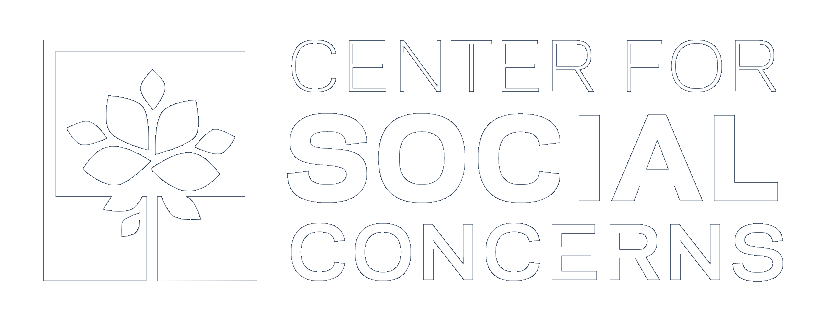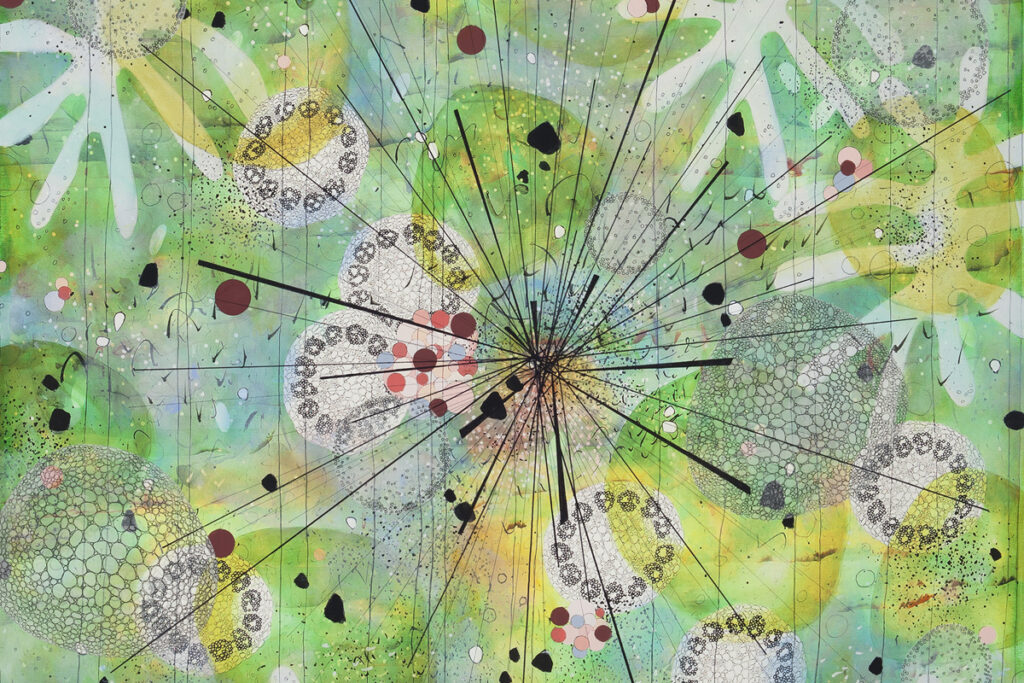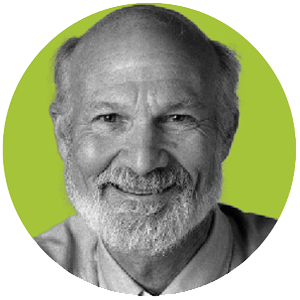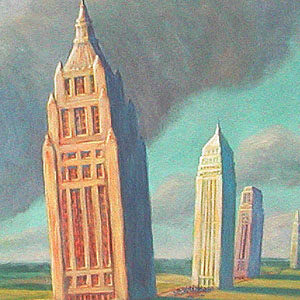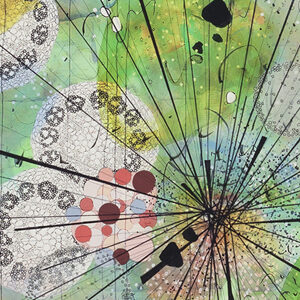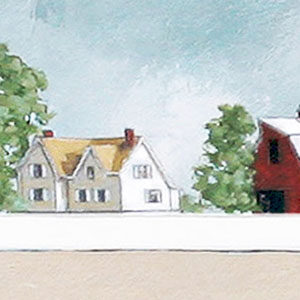“Virtues and Vocations” is a good name for a magazine designed to explore the moral challenges associated with educational institutions. Virtues and vocations are classical moral concepts that invite fresh ways to think about how the educational process can make a difference for the moral life of their students. The formative effect of universities on students is often unacknowledged, and even denied, but there is no question that the way students conduct themselves after college is the result of the formation students receive in college. The current political divide between those who went to college and those who did not confirms the difference universities make.
The recent focus on the virtues and vocations is both surprising yet astute. After being largely ignored by moral philosophers for much of the nineteenth and twentieth centuries, the virtues have become of central interest in recent philosophical and theological ethics. By contrast, “vocation” is seldom explored as significant for understanding moral formation. As a result, students and faculties alike tend to lose any sense of the moral purpose of the university as an institution with a particular calling.
To be a student is to have that calling determine why you are in the university. This may seem too heady a thought for an eighteen year old who came to the university “just to get an education,” but it is the task of professors to help students discover that they now have a commitment that is crucial if we are to be people for whom ideas matter.
The notion of vocation originally gained its meaning in a religious context. In the Bible, the prophets and the disciples often were identified as responding to a call. It is not surprising that the concept was later used by Christians to describe members of religious orders. In particular, monks were thought to not only have a vocation, but their very existence was a vocation that could be tested.
The later transformation of how vocation was and remains understood was a development that began in the Protestant Reformation. Luther’s attack on the hierarchy of Roman Catholic orders carried with it a transformation in how vocations were understood by extending what it means to have a vocation to anyone. According to Luther, if the Pope had a vocation so could a milkmaid. This understanding of vocation was intensified by the Calvinist stress on the necessity of every Christian to contribute to the upbuilding of a Christian social order through love of neighbor. These developments changed the meaning of vocation by making it a term that draws its meaning from the public good of tasks to which anyone could be called.
The Calvinist understanding of vocation is often associated with the democratization of vocation, which was generally assumed to be a good thing. However, there was and is a downside to this understanding of vocation. Vocations became associated with certain offices or tasks that needed no justification. “I was just keeping the trains running on time—that they happened to be filled with Jews is not my problem.” It is increasingly the case that having a vocation is to assume one has a job.
Many in non-traditional positions—forest rangers, firemen and women, vets—often claim to have a vocation. With more justification, lawyers, doctors, and teachers claim their professions as vocations. They do so because they have internal standards that make it possible for them to be self-policing. Such oversight is necessary because these professions have power over other people.
That students no longer can imagine that to go to a college or university is a calling results in universities being dominated by the hope of future employment. Students have lost a sense of the gift they have been given by having time to do nothing other than read books. To be educated is to have the responsibility to serve one’s neighbor by saying what you know to be true.
Such a view seems widely idealistic given that most students would be surprised if told their education creates responsibilities they would not have except for the education they have received. Which means one of the tasks for faculty and administrators of universities is to articulate to students the responsibilities that come with being a student. Equally important, faculties must teach in a manner that students can share in the overriding commitment to say what is true.
The suggestions I have just made may seem unrealistic. To suggest that students should consider their work as a student, which should not end at graduation, may seem elitist. I think it not only sounds elitist, it is elitist. But I do not think that a bad result. Elitism is only a problem when elites fail to remember why they have been set aside. Universities are, after all, institutions of memory.
Some of what I have said may appear to be another typical professor from the humanities suggesting that the recovery of the moral purpose of the university depends on recovery of the liberal arts. While I certainly would welcome more courses in the humanities, students are just as likely to receive the kind of training I am suggesting the university can provide in math or biology courses. Moral formation happens when a student submits to the disciplines necessary to learn how to see the difference the subject makes in the world.
To be a student is to have a vocation. There is in our time, however, a challenge to that project that is not easily overcome. Alasdair MacIntyre’s haunting account of the fragmentary character of our lives captures well the problem. It is not that we are uniquely without some purpose. Rather, the fragmented character of our culture now determines the university curriculum, which in turns produces lives that are incoherent. There is no quick fix, but some way must be found to recover the habits we call virtues as necessary to prevent the perversions of the vocations suggested above.
Vocations without the virtues will lack substance. Virtues without vocations will seem arbitrary. In 1971, I wrote my first published article. I end summarizing the passage from that article on the virtues because I still think it is on the right track. This is what I said: those entering the university will need the virtue of integrity because we will be tempted to sell our wares at the cultural store; honesty is required because the work of learning requires recognition of our limitations; justice is needed, because we must learn to see the world as it is not as we wish it to be; humility is required that we might recognize that we can never be in control of the way things are; humor is a most necessary virtue, helping us guard against the most dangerous of intellectual sins, which is to take ourselves too seriously; and finally, kindness must be present because the truth can be harsh and destructive.
